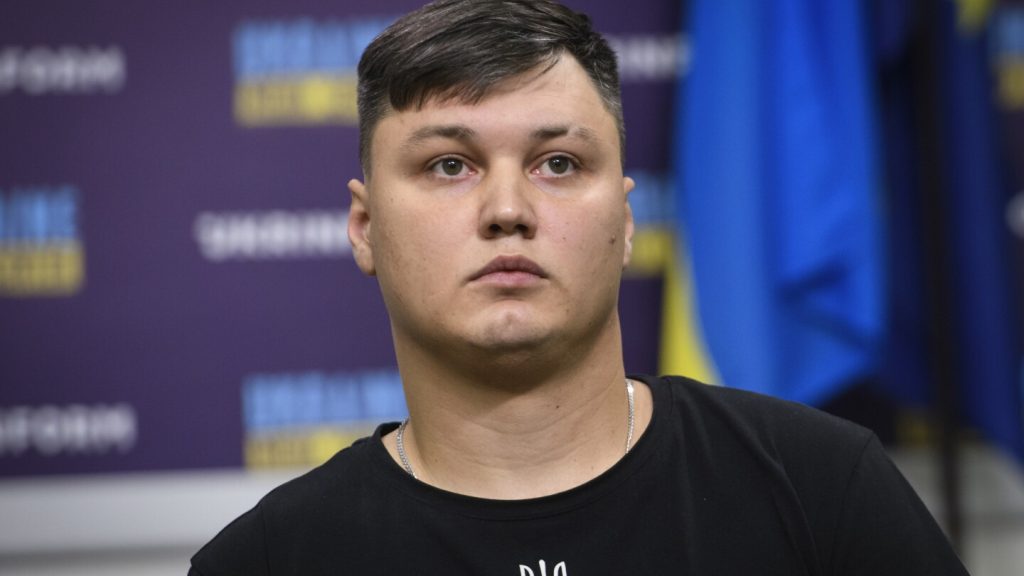In the aftermath of President Vladimir Putin’s invasion of Ukraine, attacks and harassment against Russians have been reported across Europe and beyond, with many incidents believed to be orchestrated by Moscow’s intelligence operatives. Despite efforts by Western governments to dismantle Russian spy networks, experts suggest that the Kremlin is still able to target those it perceives as traitors abroad in an effort to silence dissent. Individuals who have moved abroad to escape the crackdown in Russia increasingly fear being pursued by Moscow’s security services even in countries they once considered safe. Journalist Irina Dolinina, who works for an independent outlet in Prague, expressed surprise at experiencing threats and surveillance in Europe after escaping Russia.
The Kremlin has a long history of being blamed for attacks against its opponents abroad, including high-profile cases such as the assassination of Soviet dissident Leon Trotsky and the poisoning of BBC broadcaster Georgi Markov. In more recent years, poisonings in the UK of former intelligence officer Alexander Litvinenko and former spy Sergei Skripal have also been attributed to Russian security services. With a domestic crackdown underway in Russia, many of the Kremlin’s opponents, journalists, and activists have sought refuge abroad, where they continue to face threats and harassment. Reports of exiles being persecuted extend beyond former Soviet countries to Europe and other regions.
Cases of suspected poisoning have been reported among activists and journalists, including investigative journalist Elena Kostyuchenko, who fell ill on a train from Munich to Berlin in 2022. Natalia Arno, head of the U.S.-based Free Russia Foundation, suffered nerve damage after a suspected poisoning in Prague. In a particularly brutal incident, pilot Maksim Kuzminov was found dead in Spain after defecting to Ukraine and stealing a helicopter. The Kremlin has denied targeting its enemies at home and abroad, but numerous instances of harassment, surveillance, and physical attacks suggest otherwise.
Incidents of harassment have extended to fledgling anti-war groups, such as one in Stockholm that supported Ukraine and political prisoners burning an effigy of Putin outside the Russian Embassy. Russian authorities later labeled the group an undesirable organization, threatened members with fines and prison, and visited their relatives in Russia. A member of the group recounted being stopped and questioned by police in St. Petersburg, who sought information about the group’s activities and funding. Russian intelligence’s modus operandi includes following opponents in the diaspora and subjecting them to various forms of harassment and surveillance in other countries, as noted by security experts.
Despite Western countries expelling numerous Russian spies after high-profile incidents like the Skripal poisonings and the Ukraine invasion, Russians abroad remain concerned about Moscow’s reach. Investigative journalists like Alesya Marokhovskaya have received anonymous threats, indicating close surveillance and potential harm. While some individuals continue to voice concerns about being targeted by Russian security services, they remain committed to their work and refuse to be silenced. The incidents highlight the ongoing challenges faced by Russian dissidents, activists, and journalists who seek refuge abroad but find themselves under the watchful eye of the Kremlin even in foreign countries.















